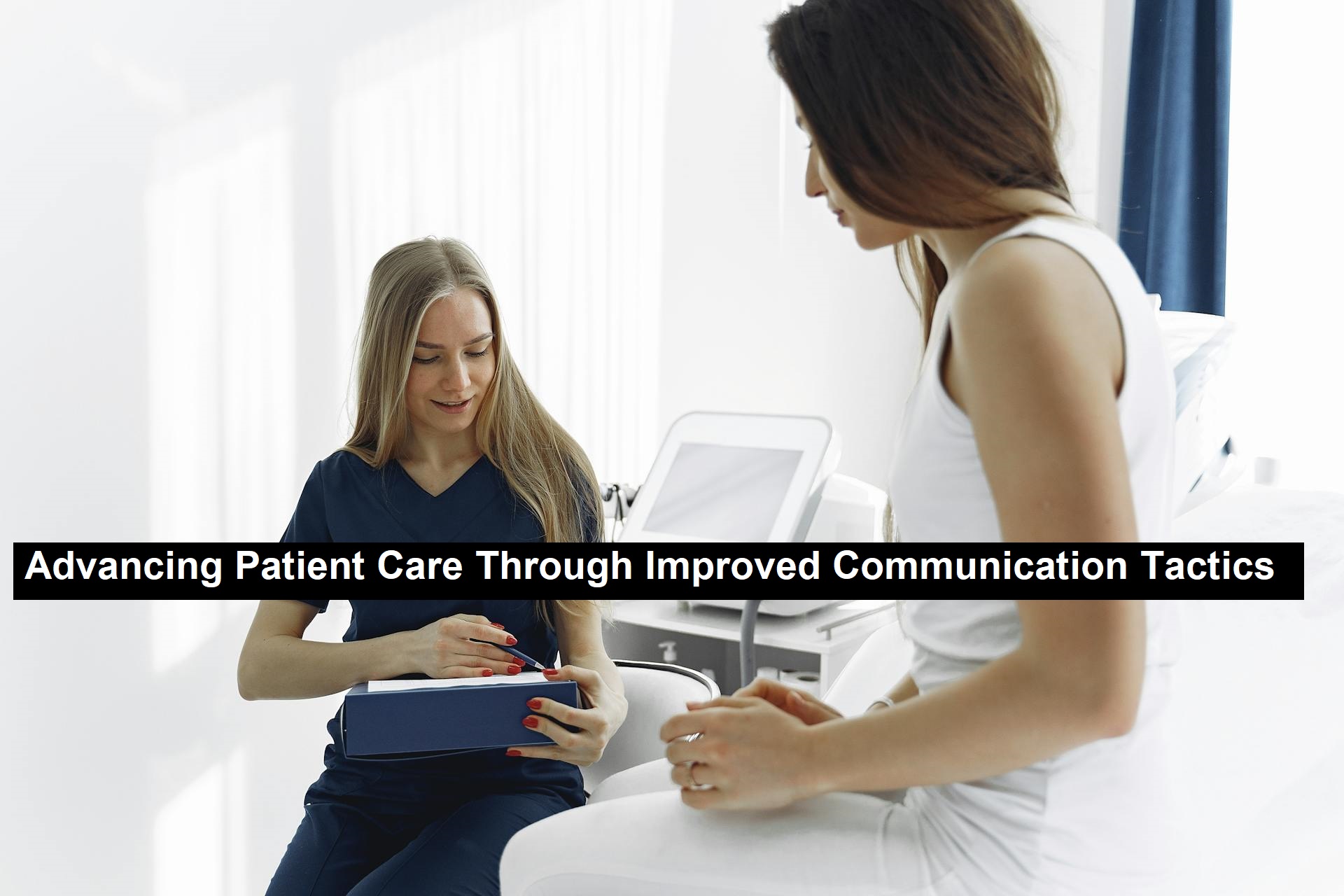Advancing Patient Care Through Improved Communication Tactics
The state of the healthcare system reveals a pressing need for enhanced physician-patient communication. By refining these interactions, patient satisfaction and outcomes can be greatly improved. This overview presents methods for medical professionals to elevate their communication practices.
One major issue is the low level of health literacy among patients, with just 12% of adults proficient in understanding medical information. This gap can complicate communication with healthcare providers, impacting patient self-care and outcomes.
To improve communication, physicians should focus on creating trusting relationships with their patients. This involves eye contact and fostering a comfortable atmosphere from the beginning. Empathy and active listening are also critical. Absence of these practices can lead to feelings of being overlooked, making rapport-building a key aspect of effective healthcare.
Read: How to Minimise Stress Leading Up to a Surgical Procedure
In conveying medical information, attention to tone, language, and non-verbal cues is important. These elements can affect how patients perceive and understand their care. Encouraging patients to repeat back instructions for self-care or medication can also strengthen their grasp and the patient-physician relationship.
Organizational changes, such as allowing more time for patient appointments, can further enhance outcomes by addressing communication needs amidst staffing shortages. Regular appointments should also be promoted to ensure patients feel prioritized and well-cared for.
The Importance Of Physician-Patient Communication was contributed by Endicott Call Center, a dispatch call center
For further guidance on enhancing physician-patient communication, please see the accompanying resource.

